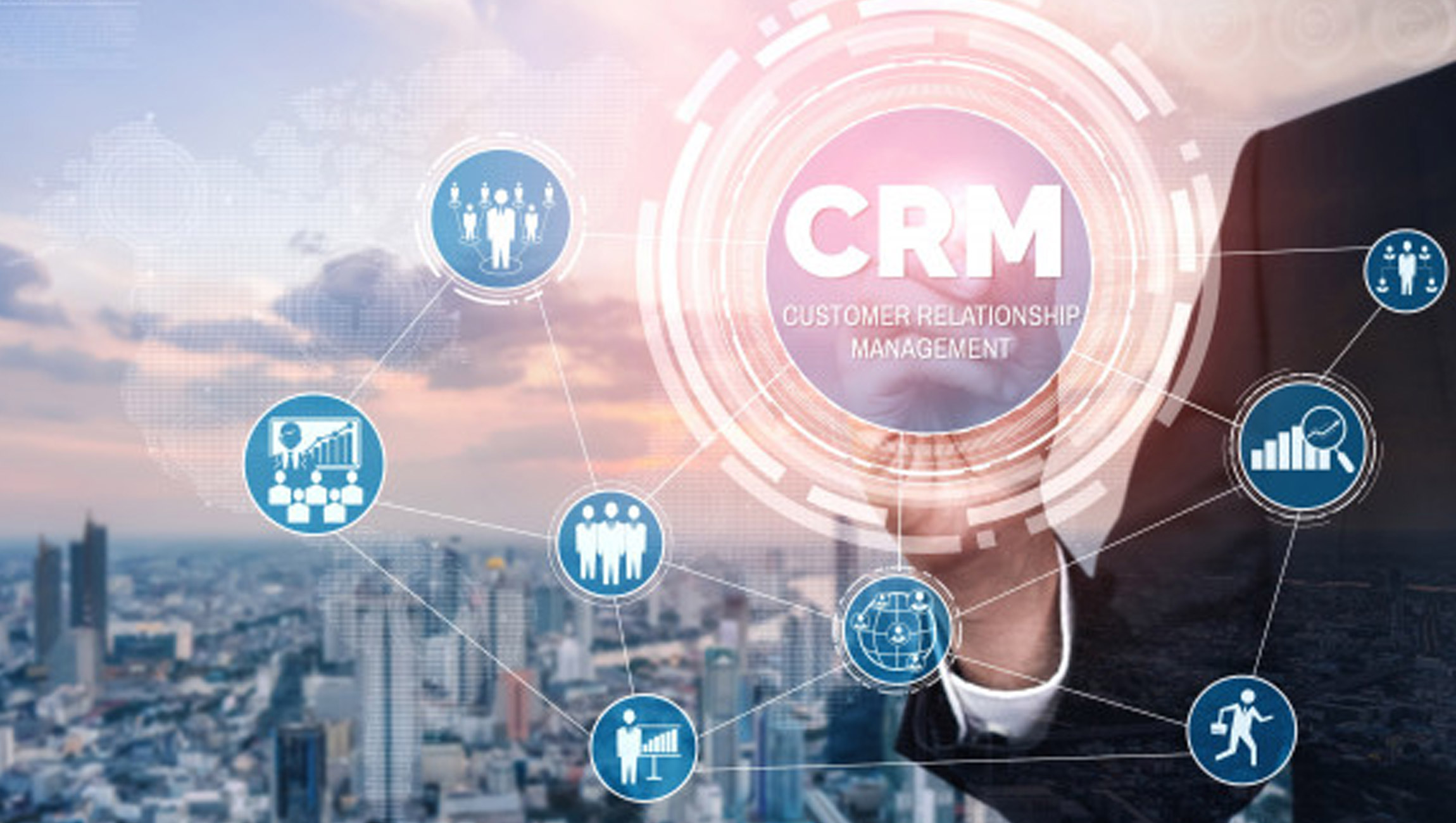New Research Report Explores the Disconnect between C-Suite and Consumers when it comes to Data, Customer Experience and Relevance
Treasure Data, a leading enterprise customer data platform (CDP), today published new research exploring the dynamics of C-suite decision-making and consumer preferences in Data Driven Insights: Navigating the Consumer Landscape in 2024. The global survey polled 1,500 B2C C-level executives and 6,000 consumers, revealing a large divide between C-suite confidence and consumer expectations.
Seventy-six percent (76%) of business leaders express confidence in having a comprehensive customer 360-view to deliver personalized experiences. However, a mere 25% of consumers share this sentiment regarding their favorite brands, revealing a significant perception gap. Beyond the perception gap, the research highlights another notable finding – a staggering 88% of consumers believe that less than half of the content they receive from brands is relevant.
“As 2023 comes to a close, it’s worth reflecting on consumer expectations and taking an honest assessment of how to best meet their ever-evolving needs,” says Mark Tack, Chief Marketing Officer at Treasure Data. “This research paints a clear and concerning picture: Despite brands’ best efforts, they struggle with messy, complex customer data challenges that limit their ability to understand and engage consumers effectively. As brands seek to level up their customer experiences in 2024 and beyond, it’s critical to invest in people, processes, and technologies to chart a better path forward.”
Marketing Technology News: RTB House Introduces Generative AI Technology for More Precise Audience Insights
Other key findings include:
- Customer Loyalty Woes: Almost half (44%) of consumers don’t see any value from being a long-standing customer, and 64% believe only new customers receive the best deals and customer experience. This shows a majority of consumers feel undervalued for their loyalty, impacting their perception of brand value and increasing their likelihood to churn.
- Consumer Trust and Anonymity: While over half of consumers welcome marketing, forty-nine percent (49%) of consumers express a preference for remaining anonymous to brands. Concurrently, 48% deliberately withhold their personal data from businesses. This underscores the urgent need for brands to bolster trust in how they collect and use data from the general public.
- Data Competence Doubt: A third (33%) of senior executives express doubts about the data competence of most of their C-suite colleagues, while another 32% believe their organization collects good quality data but lacks the skills to interpret and use it effectively. This indicates a potential risk of major brands falling behind in the rapidly evolving landscape of data-driven customer insights.
- CX & AI Investment Surge: Sixty-two percent of execs plan on investing more in customer experience over the next two years and more than half (57%) of organizations plan to invest more in AI, with large businesses leading at 70%, emphasizing a rapid surge in AI investment across industries. The substantial commitment to AI recognizes its potential impact on customer experience, data analytics, and overall economic viability.
As companies navigate 2024, this report bridge gaps in understanding, and strategically embracing the technological and customer-centric shifts that define success in an ever-evolving business landscape. To review the full report and findings, please download Data-Driven Insights: Navigating the Consumer Landscape in 2024. Key findings were first showcased during the keynote at the inaugural CDP World 2023.
Marketing Technology News: MarTech Interview with Janaka Fernando, Optimizely Practice Director at Valtech











